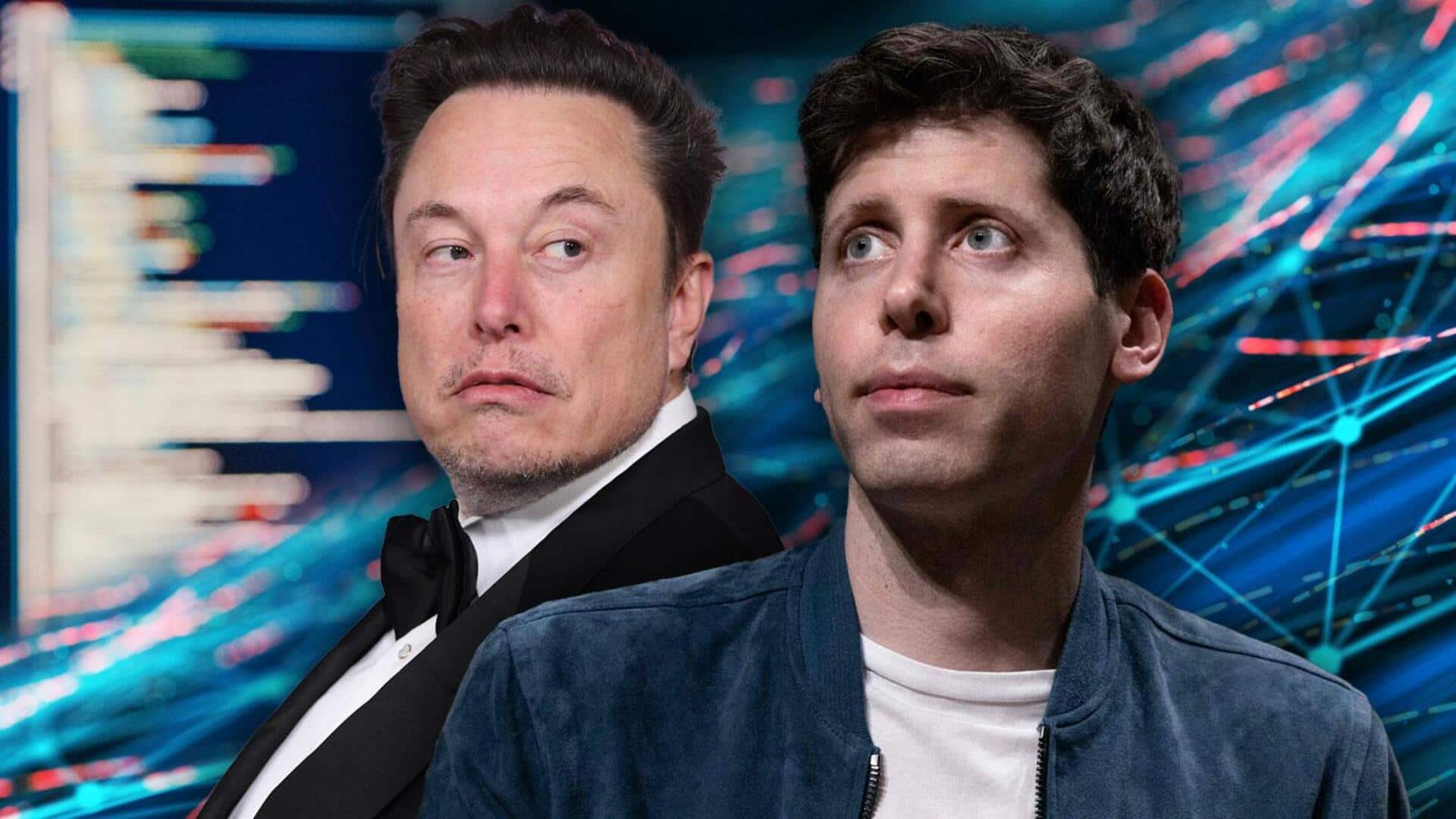
Musk labels OpenAI 'evil' for discouraging investors from funding rivals
What's the story
Elon Musk, co-founder of artificial intelligence firm OpenAI, has publicly criticized the company's recent business strategy. The criticism came after OpenAI secured a record-breaking $6.6 billion in funding at a valuation of $157 billion, making it one of the world's most valuable start-up. This significant funding round included prominent investors such as Thrive Capital, Microsoft, and NVIDIA. However, it was accompanied by a controversial condition that has drawn Musk's ire.
Funding controversy
OpenAI's controversial funding condition sparks backlash
The condition imposed by OpenAI required investors to commit to an exclusive funding agreement, according to anonymous sources cited by Reuters. This agreement would prevent them from financially supporting five of OpenAI's competitors, including Perplexity AI, Glean, Anthropic, Ilya Sutskever's Safe Superintelligence and Musk's own venture xAI. The Financial Times also confirmed that OpenAI had indeed sought such exclusivity in its funding round.
Tensions rise
Musk's public criticism and strained relationship with OpenAI
In response to this controversial condition, Musk took to social media platform X, stating twice that "OpenAI is evil." This public criticism is not the first sign of tension between Musk and the company he helped establish. Since his departure from OpenAI in 2018, his relationship with the firm and its CEO Sam Altman has become increasingly strained.
Legal disputes
Musk's previous legal actions against OpenAI
Musk has previously taken legal action against OpenAI. He has repeatedly criticized the company for a lack of transparency and commitment to safety. In March this year, he sued OpenAI and Altman for allegedly violating its founding principle of building AI that benefits humanity, although he later dropped this lawsuit. In August, Musk filed another lawsuit against OpenAI claiming that the executives had "deceived" him into co-founding the company.
Funding exclusivity
Exclusive funding rounds: A rare but not unheard-of practice
Despite the controversy surrounding OpenAI's exclusive funding condition, venture capitalists who spoke with the Financial Times noted that such a request is rare but not unprecedented. For instance, Uber and Lyft had previously asked investors not to back their rivals for six months to a year during fundraising rounds before their initial public offerings.